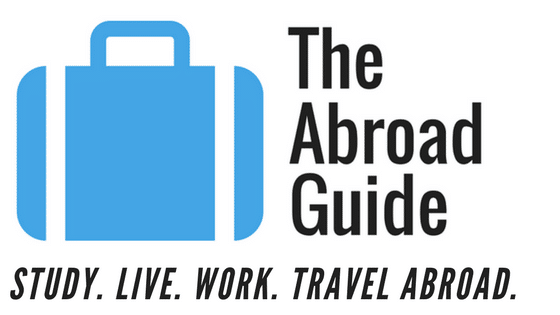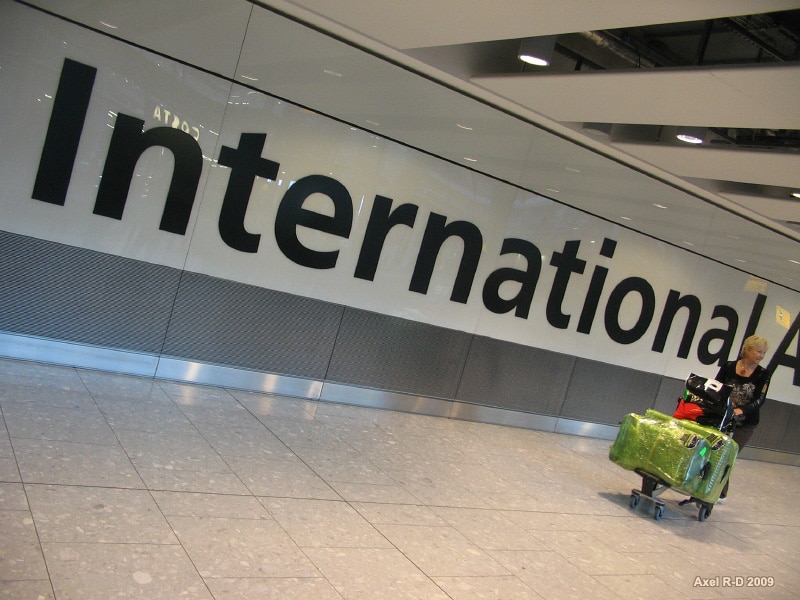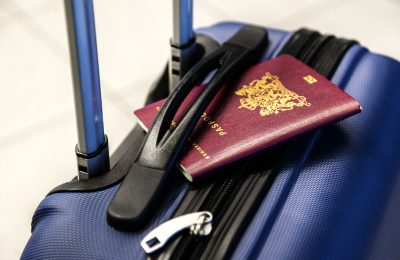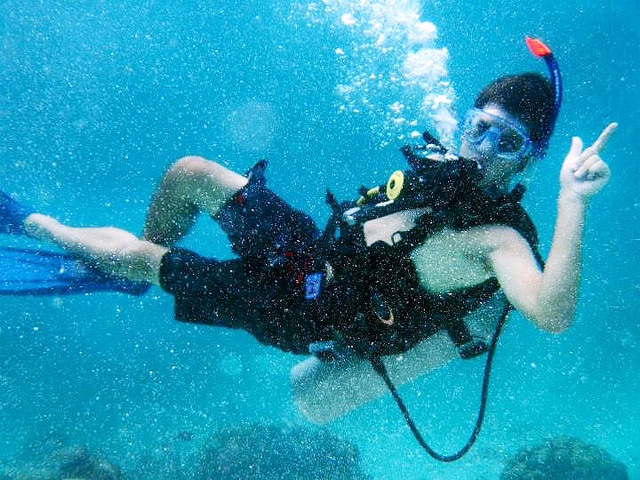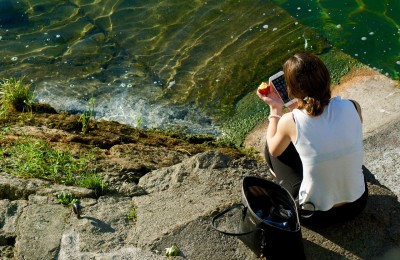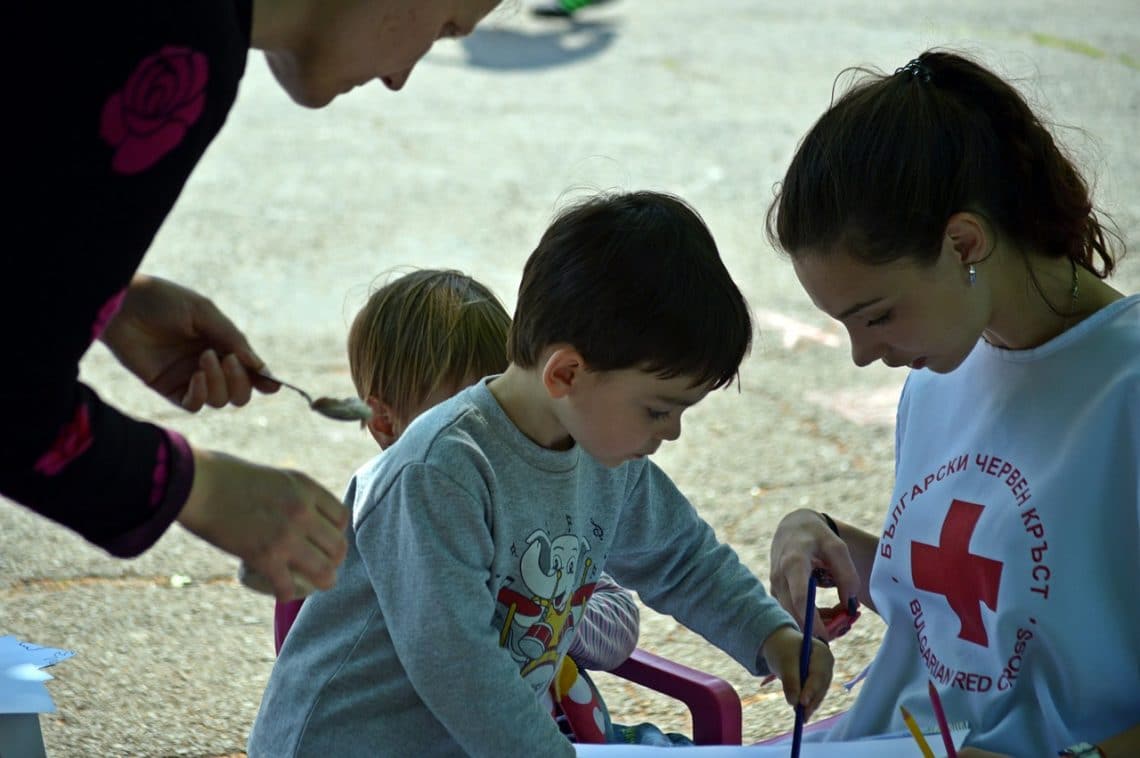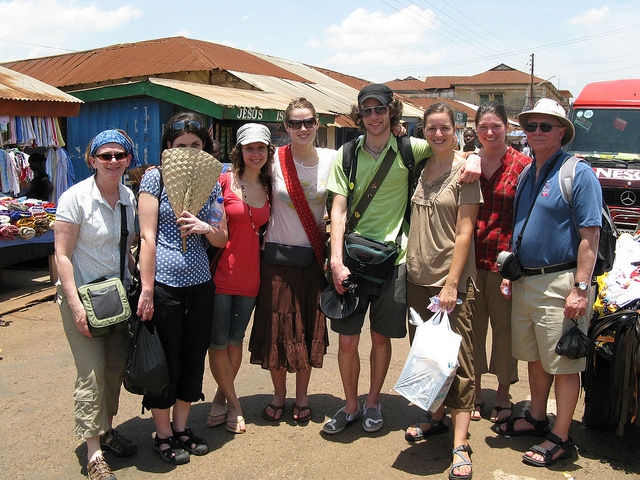Your flight is booked, your bags are packed, and you can hardly wait to start your study abroad experience. But there may still be some details you haven’t worked out yet. Before stepping on that plane, here are some last-minute questions you should ask your study abroad advisor.
1. What are some ways that past students have immersed themselves in the culture?
Your study abroad advisor will have some great ideas to help you create a meaningful experience that involves more than partying and hanging out with other Americans. Ask your advisor to point you in the right direction for finding organizations, volunteer opportunities, or internships that are in line with your interests or career path. Maybe your program has a home stay option, or access to a special language class that you can take for free—you won’t know until you ask.

2. How can I reach the office if I run into an issue while I’m abroad?
Do you know what to do if you miss your flight or the passport control agent isn’t letting you into the country? Once you’re abroad, what should you do if you have issues with housing or you find yourself failing a class you need to graduate?
Find out how to reach the study abroad office in case you have any trouble while overseas. Some offices have a 24/7 phone line or email address, or a contact in your study abroad country that you can reach out to. Your study abroad office, even though it’s back in the US, is there to support you before, during, and after your study abroad semester so make sure you know how to get in contact (and bring that information with you wherever you go!)
3. Are there any particular dates I need to be aware of while abroad?
You’ll be super busy experiencing your new home and also traveling while you’re on your study abroad semester, but you’ll also need to be aware of what is going on back home to prepare for your return.
You’ll probably need to enroll in courses for the following semester while abroad, so write a reminder in your calendar and start planning your course schedule now so you’re prepared when the time comes.
Also, be sure to ask your study abroad advisor how you can participate in elections while out of the country. Your vote still counts even if you aren’t physically on American soil so make your voice heard with an absentee ballot.
4. What are some regrets that past students on this program have had?
Wouldn’t it be great to know the most common mistakes beforehand so you could avoid repeating them? Many study abroad offices send out a survey to returning students so they can learn about their experiences. Students are often asked to evaluate their program, give suggestions to future participants, or comment on the support they feel they received while abroad. They’ll usually ask, “What do you wish you would have known before embarking on your study abroad adventure?”
If they haven’t already, ask your advisor to share some common responses so you don’t have the same regrets at the end of your semester.
5. How can I get involved once I’m back?
Reverse culture shock is a real problem for most students returning from a study abroad semester (and no one can understand it unless they’ve studied abroad themselves!) You can try to tackle the symptoms of reverse culture shock by signing up for volunteer or paid opportunities with your study abroad office. Be a point of contact for students interested in your program or volunteer at a study abroad fair. Most offices also have a peer advisor program that may or may not be a paid position. This could be a great opportunity for you to share your experiences, inspire others to study abroad, and even add a skill to your resumé, so ask your study abroad advisor what you might be able to get involved in once you’re back.
